Low-Code Platforms help businesses automate processes, boost customer engagement, and speed innovation. They also enable more employees, such as analysts and managers, to develop customized applications, driving growth and increasing revenue.
Low-code development platforms are expected to be in high demand in 2024 and beyond due to their ability to simplify software development and speed up digital transformation.
What is a Low-Code Platform?
A low-code platform is a development tool that allows users to create software applications with minimal hand-coding. It provides a visual interface with drag-and-drop components, pre-built templates, and automation tools to simplify app development. This approach enables users with limited technical expertise, such as business analysts or project managers, to build and customize applications quickly.
Here’s another interesting article about low-code and no-code development that you might find helpful.
Market Value of Low-Code Platforms
- The global market for low-code platforms is projected to grow significantly, reaching approximately $65 billion by 2027 and $187 billion by 2030. This represents a compound annual growth rate (CAGR) of 31.1% from 2020 to 2030. The market was valued at $10.3 billion in 2019, with the COVID-19 pandemic accelerating the shift towards these platforms due to the rise in remote work, the need for greater business agility, and the push for more efficient business processes.
- In 2030, the low-code development industry is projected to generate $187 billion.
- By 2025, it is anticipated that 70% of new applications will be built using low-code or no-code platforms, a notable increase from less than 25% in 2020.
How to Choose the Best Low-Code Platforms?
Selecting the right low-code platform is critical for maximizing its benefits. Here are some important factors to consider when making your choice:
- Business Needs: Start by clearly identifying your business requirements. Whether your goal is to automate internal workflows, develop customer-facing applications, or integrate with existing systems, your chosen platform should align with these objectives.
- Ease of Use: The platform should be intuitive and user-friendly, allowing individuals with little or no technical background to develop applications without extensive training.
- Scalability: Choose a platform that can grow with your business. It should be capable of handling increased workloads and supporting the addition of new features as your business expands.
- Integration Capabilities: Ensure the platform integrates with your existing systems, such as customer relationship management (CRM) or enterprise resource planning (ERP) software.
- Security: Given the importance of data security, especially when handling sensitive information, the platform should offer strong security features, including data encryption, user authentication, and compliance with industry standards.
- Customization Options: While low-code platforms provide pre-built components, it’s essential to have the flexibility to customize these components to meet your specific business needs.
- Cost: Consider the overall cost, including licensing fees, development expenses, and any additional costs for training or support.
- Support and Community: Opt for a platform with an active user community and robust vendor support, which can be invaluable for troubleshooting and learning.
List of 10 Best Low-Code Platforms in 2024
Here is a list of the top low-code platforms that can help boost your business income in 2024:
1. Zoho Creator
Zoho Creator is a versatile low-code platform that allows businesses to build custom applications quickly and efficiently. It’s part of the Zoho suite and offers various business software solutions.

Features:
- Build custom applications with minimal coding effort.
- Integrates with other Zoho apps and popular third-party services.
- User-friendly interface with drag-and-drop tools and pre-built templates.
- Strong security measures, including data encryption and access controls.
- Automate processes to improve business operations.
Verdict: Zoho Creator is an effective low-code app builder for quickly creating custom applications. It reduces development time and effort while providing integration and security features.
2. Mendix
Mendix is a top, low-code platform for creating complex, large-scale applications. Large organizations often use it for their digital transformation needs.
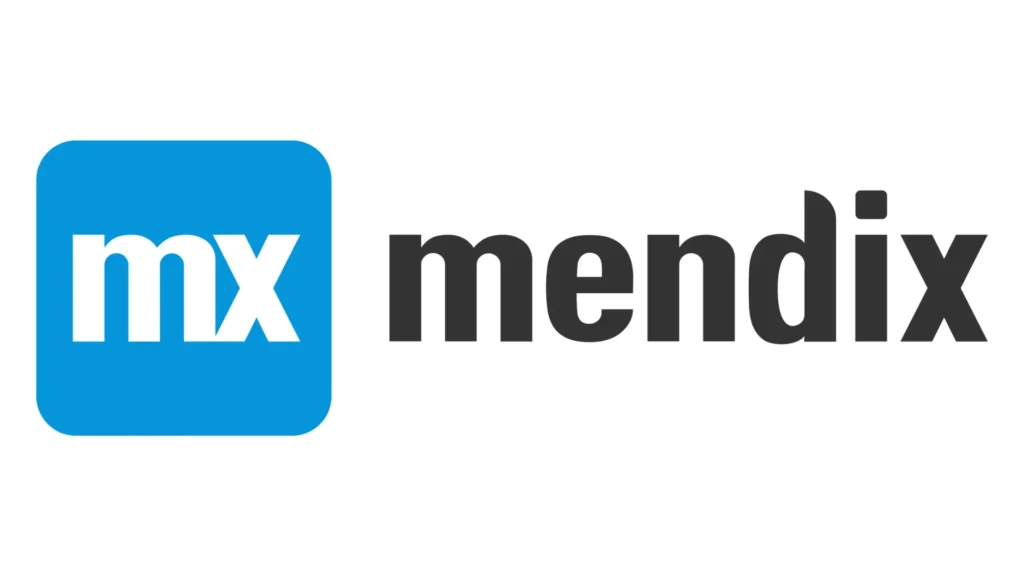
Features:
- Supports the development of large and complex applications with high scalability.
- Facilitates collaboration between IT and business teams.
- Allows both low-code development and custom coding for advanced features.
- Integrates with various technologies, including IoT and AI.
- Handles extensive data and user management effectively.
Verdict: Mendix excels in building scalable, complex applications. It supports collaboration and integrates with advanced technologies, making it suitable for large enterprises.
3. Quixy
Quixy is a no-code platform popular among small and medium-sized enterprises (SMEs) that helps businesses automate processes and create applications without coding skills.
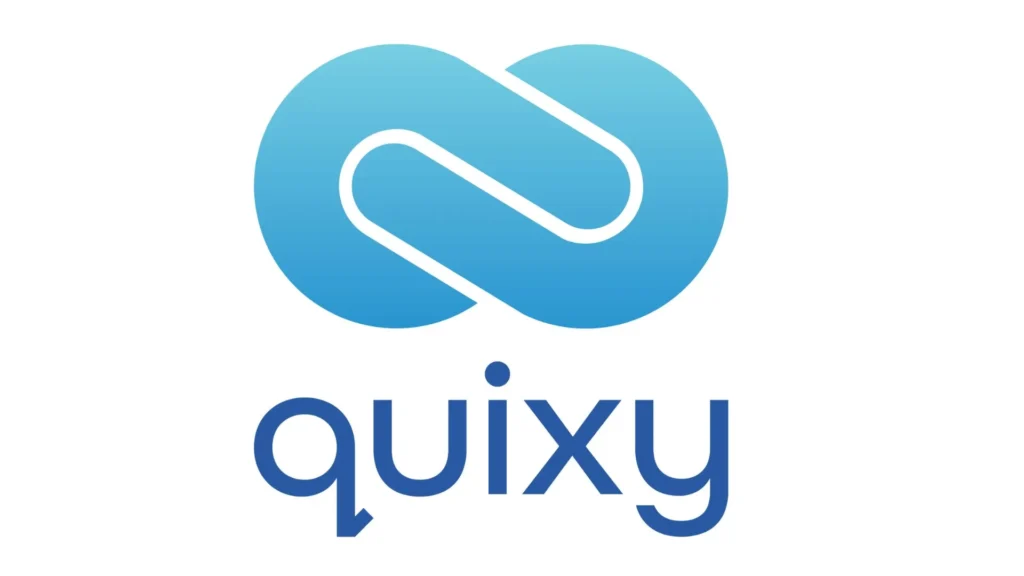
Features:
- Allows users with no coding experience to build applications.
- Automates repetitive tasks to enhance efficiency.
- Offers extensive customization options for customized applications.
- Provides rapid development with visual tools and pre-built templates.
- Streamlines workflows with automation features.
Verdict: Quixy is a no-code development platform that lets users build and automate applications quickly. It’s a good fit for SMEs aiming to improve efficiency without needing coding skills.
4. Airtable
Airtable combines the simplicity of spreadsheets with the functionality of databases, making it a flexible tool for project management, content planning, and CRM.
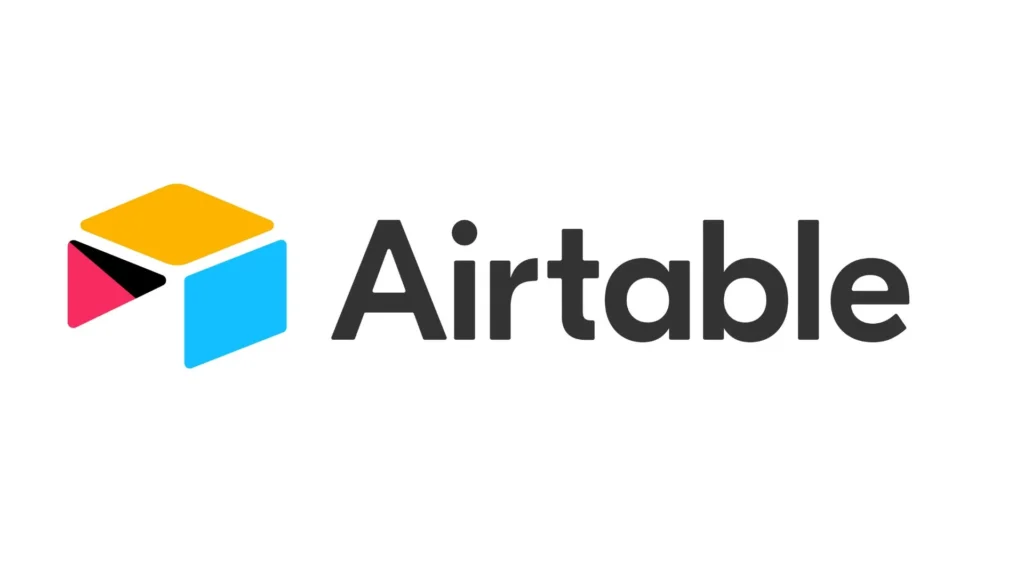
Features:
- Intuitive interface that merges spreadsheet and database functionalities.
- Versatile for uses such as project management and CRM.
- Real-time collaboration on projects.
- Integrates with tools like Slack and Google Drive.
- Adaptable to a variety of business needs.
Verdict: Airtable is a low-code development platform that offers a unique combination of spreadsheet and database features. It’s useful for project management and CRM, with easy collaboration and integration options.
5. OutSystems
OutSystems is a robust low-code platform known for quickly developing high-performance applications, making it ideal for businesses with significant scaling needs.
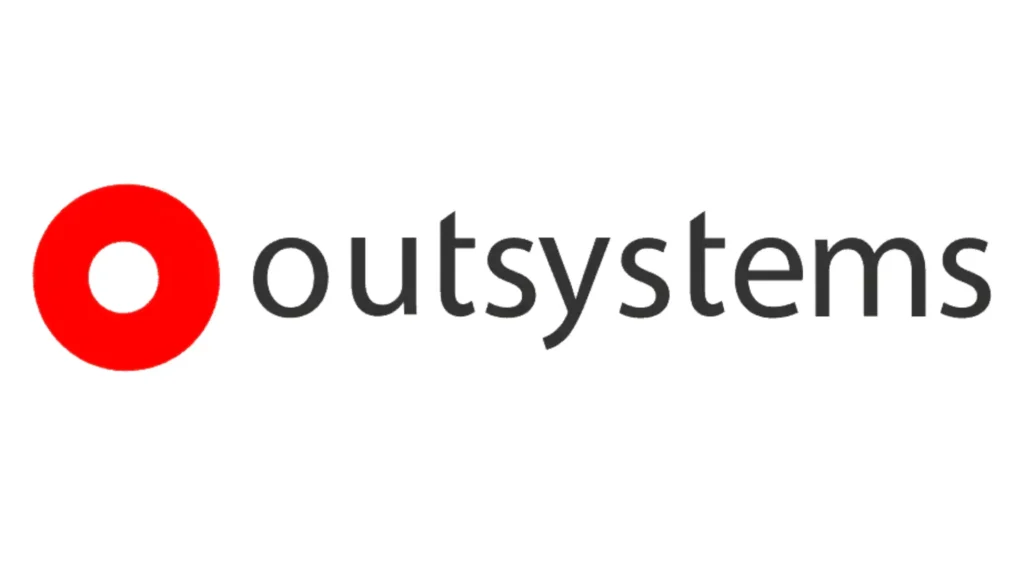
Features:
- Builds scalable, high-performance applications rapidly.
- Provides enterprise-grade security, including data encryption and compliance.
- Integrates with existing systems, cloud services, and third-party APIs.
- Supports low-code mobile app development with cross-platform capabilities.
- Handles large volumes of data and users efficiently.
Verdict: OutSystems is a powerful low-code app builder for creating scalable, high-performance applications. It offers strong security, integration capabilities, and mobile development support.
6. Appian
Appian is a leading low-code platform focused on process automation and application development. It is designed to improve business efficiency and streamline operations.
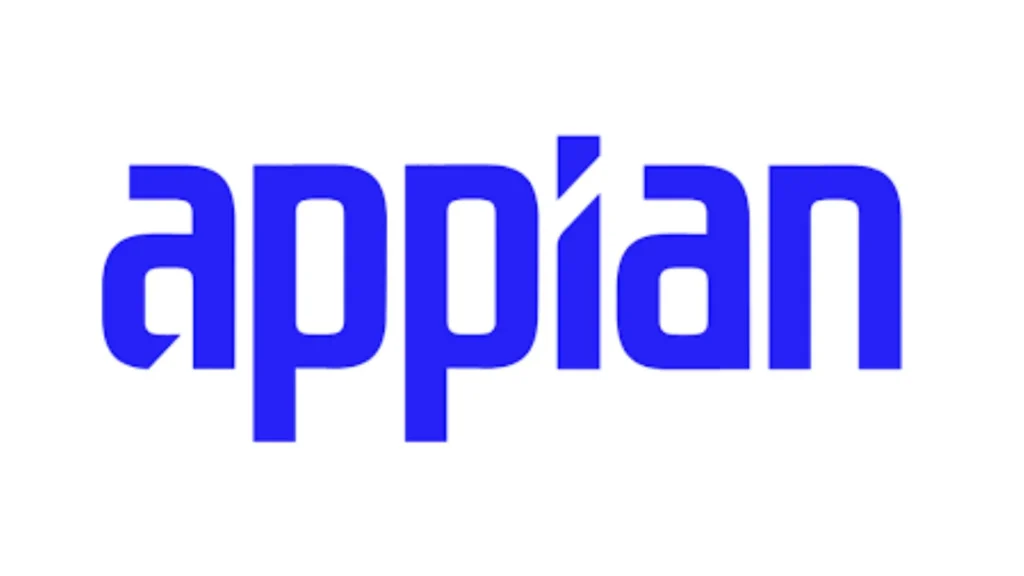
Features:
- Automates complex business processes.
- Provides a unified platform for application development and process management.
- Uses visual development tools accessible to various users.
- Integrates with CRM, ERP, and third-party systems.
- Enhances productivity with process automation.
Verdict: Appian offers a comprehensive low-code platform for process automation and application development. Its unified approach and user-friendly tools support efficient business operations and digital transformation.
7. Microsoft Power Apps
Microsoft Power Apps is a popular low-code platform that integrates well with Microsoft products, making it ideal for businesses already using the Microsoft suite.
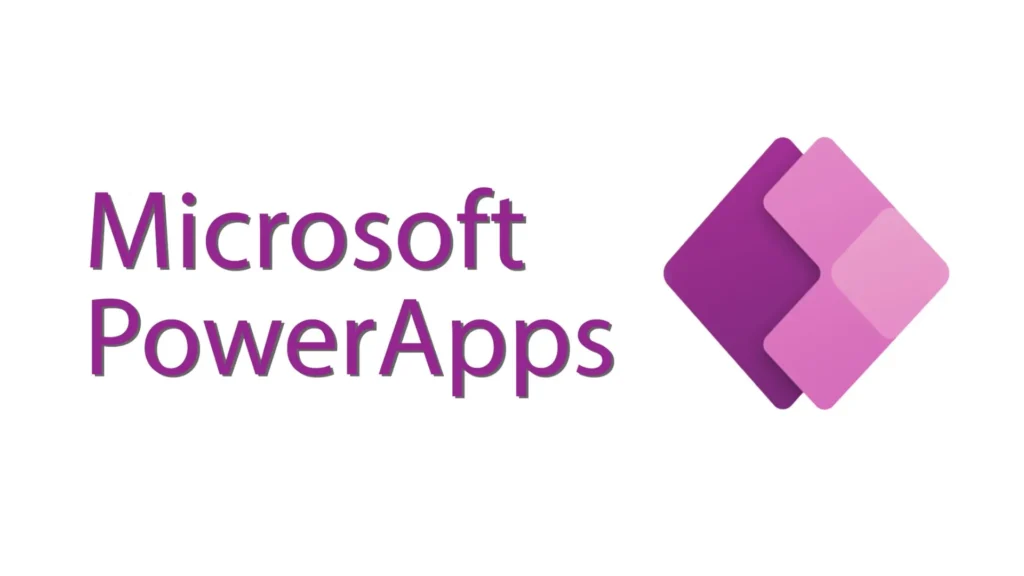
Features:
- Integrates with Microsoft Office 365, Dynamics 365, and Azure.
- Provides a cost-effective solution for users of Microsoft services.
- Offers customizable pre-built templates for various needs.
- Benefits from extensive community support and resources.
- Enables quick development with a variety of components.
Verdict: Microsoft Power Apps is an effective low-code platform that integrates with Microsoft’s ecosystem. It offers a cost-effective, efficient development solution with strong support and customizable templates.
8. Salesforce Lightning
Salesforce Lightning is a low-code platform designed for building CRM applications within the Salesforce ecosystem and is customized to manage customer relationships.

Features:
- Focuses on CRM application development.
- Uses a drag-and-drop interface and pre-built components for rapid creation.
- Offers extensive customization for CRM applications.
- Scales to support businesses of various sizes.
- Integrates with Salesforce’s CRM tools and services.
Verdict: Salesforce Lightning is a top low-code platform for CRM application development within the Salesforce environment. Its ease of use, customization options, and scalability make it suitable for businesses focused on customer relationship management.
9. Betty Blocks
Betty Blocks is a no-code platform that emphasizes simplicity. It allows users to create applications through an intuitive visual interface without coding skills.
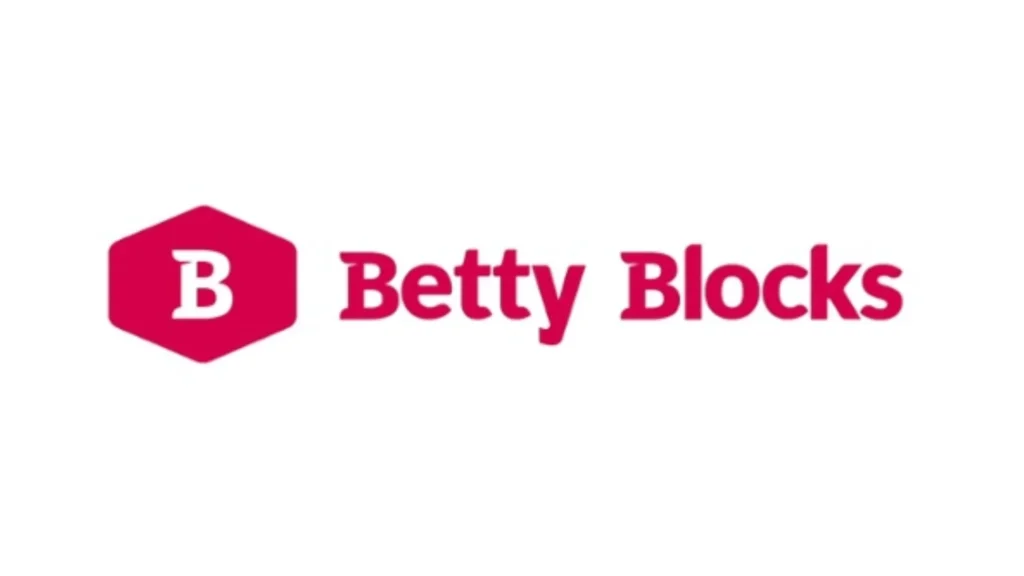
Features:
- Enables application development without coding experience.
- Offers flexibility for creating a wide range of applications.
- Provides rapid development with visual tools and pre-built components.
- Ensures application security with features like data encryption.
- Adapts to various business needs.
Verdict: Betty Blocks is a no-code platform that allows users to create applications quickly and securely. Its focus on simplicity and flexibility makes it ideal for those with limited technical skills.
10. Kissflow
Kissflow is an all-in-one low-code platform designed for process management and automation. It aims to improve operational efficiency and streamline workflows.
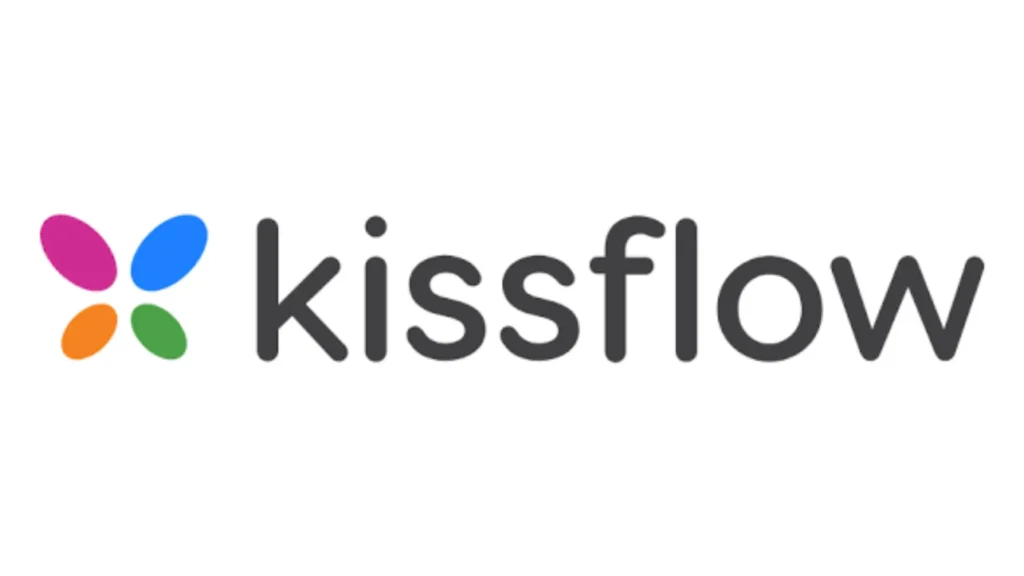
Features:
- Automates workflows and business processes.
- Combines process management, application development, and collaboration in one platform.
- Features a drag-and-drop interface and pre-built templates.
- Integrates with various third-party tools and services.
- Enhances operational efficiency with comprehensive process management.
Verdict: Kissflow provides a low-code platform for managing processes and automating workflows. Its all-in-one approach and user-friendly design support efficient business operations and process optimization.
Speaking about low-code platforms, explore our top No-code Low-code Development Services now to learn more about power apps!
Quick Tips to Enhance Low-Code Mobile App Development
Low-code mobile app development is crucial for businesses looking to engage customers and improve internal processes. Here are some tips to enhance your mobile app development using low-code development platforms:
1. Prioritize User Experience:
Ensure that your mobile app is user-friendly and intuitive. Use the drag-and-drop features low-code platforms provide to design an interface that meets user expectations.
2. Test Across Devices:
Test your mobile app on various devices and operating systems to ensure compatibility and smooth performance.
3. Use Pre-Built Components:
Utilize pre-built modules to expedite development while keeping the flexibility to customize according to your business needs.
4. Optimize for Performance:
Pay attention to your mobile app’s speed and performance, especially as your user base grows.
5. Focus on Security:
Implement strong security measures to protect user data and ensure compliance with relevant regulations.
6. Use Analytics:
Integrate tools to track user behavior and app performance, allowing for data-driven improvements.
Low Code Development vs. Traditional Code Development Comparison
When comparing low-code development with traditional coding, several key differences emerge:
- Development Speed: Low-code platforms dramatically reduce development time by offering pre-built components and a visual interface, whereas traditional coding requires developers to write code from scratch.
- Cost: Low-code development is generally more cost-effective as it reduces the need for specialized developers. Traditional development often involves higher costs due to the need for skilled coders and longer development timelines.
- Customization: While traditional coding offers greater flexibility and depth in customization, low-code platforms still provide some level of customization but may not match the intricacy of traditional development.
- Complexity: Low-code platforms simplify the development process, making it accessible to non-technical users. Traditional coding, on the other hand, requires in-depth programming knowledge.
- Maintenance: Low-code platforms often come with built-in maintenance tools, reducing the effort required to manage and update applications, whereas traditional development may require more extensive ongoing maintenance.
What is the Future of Low Code?
The future of low-code platforms appears bright, with increased adoption expected across various industries. Here are some trends to watch:
- Broader Adoption: Low-code platforms will likely see wider use, particularly among small and medium-sized enterprises (SMEs) that need to innovate quickly.
- Integration of AI: As artificial intelligence evolves, it will likely be integrated into low-code platforms, enabling more advanced automation and application capabilities.
- Enhanced Customization: Future low-code platforms may offer more advanced customization options, bridging the gap between low-code and traditional development.
- Growth in Mobile Development: Low-code mobile app development will continue to expand, with businesses increasingly focusing on mobile-first experiences.
- Improved Collaboration: Low-code platforms will likely enhance collaboration between IT and business teams, making the development process more efficient and aligned with business goals.
Final Thoughts!
Low-code development platforms are changing the way businesses approach application development. Providing a faster, more cost-effective way to build and deploy applications empowers businesses to innovate, automate processes, and grow. Whether you are a startup or an established enterprise, low-code platforms offer a powerful solution to boost your business income.
If you need more information or have any questions about low-code platforms, feel free to Contact Us. We are here to assist you!

